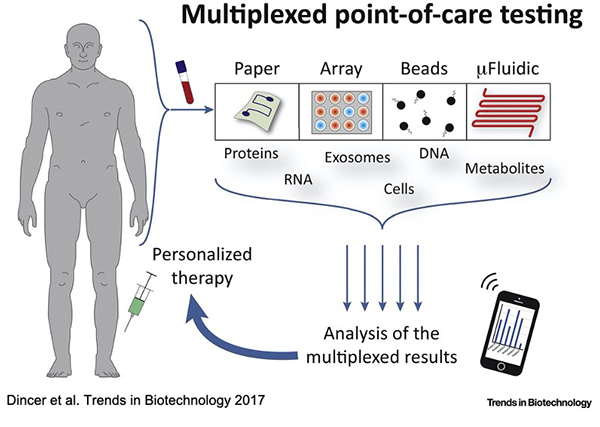THE COTTLE GROUP
Principal Investigator: Dr. Renee Cottle
RESEARCH
 Inherited metabolic diseases (IMDs) are individually rare, but collectively they occur in 1 in 800 live births. IMDs are characterized by aberrant synthesis or deficiency of enzymes or other proteins, such as receptors or transporters, involved in biochemical pathways essential for metabolism. Blockage of a metabolic pathway causes accumulation of upstream toxic substrates, leading to organ intoxication or failure to synthesize downstream essential nutrients. In many IMDs, the molecular basis of the disease is single gene mutation. An example of an IMD is nonketotic hyperglycinemia (NKH), which is characterized by deficiencies in the glycine cleavage enzyme system that breaks down glycine. The resulting abnormally high levels of glycine lead to severe symptoms starting in infancy, including uncontrollable seizures and problems with breathing. Although control of glycine levels requires constant monitoring to prevent seizures, currently no tools are available to monitor levels while patients are at home. The Cottle Group is engineering a low-cost, disposable, stand-alone point-of-care diagnostic and monitoring system to enable in-home monitoring of glycine levels. The system will allow caregivers of NKH patients to adjust the patient’s drug treatment schedule, thereby improving clinical outcomes and quality of life for both the patient and the family.
Inherited metabolic diseases (IMDs) are individually rare, but collectively they occur in 1 in 800 live births. IMDs are characterized by aberrant synthesis or deficiency of enzymes or other proteins, such as receptors or transporters, involved in biochemical pathways essential for metabolism. Blockage of a metabolic pathway causes accumulation of upstream toxic substrates, leading to organ intoxication or failure to synthesize downstream essential nutrients. In many IMDs, the molecular basis of the disease is single gene mutation. An example of an IMD is nonketotic hyperglycinemia (NKH), which is characterized by deficiencies in the glycine cleavage enzyme system that breaks down glycine. The resulting abnormally high levels of glycine lead to severe symptoms starting in infancy, including uncontrollable seizures and problems with breathing. Although control of glycine levels requires constant monitoring to prevent seizures, currently no tools are available to monitor levels while patients are at home. The Cottle Group is engineering a low-cost, disposable, stand-alone point-of-care diagnostic and monitoring system to enable in-home monitoring of glycine levels. The system will allow caregivers of NKH patients to adjust the patient’s drug treatment schedule, thereby improving clinical outcomes and quality of life for both the patient and the family.